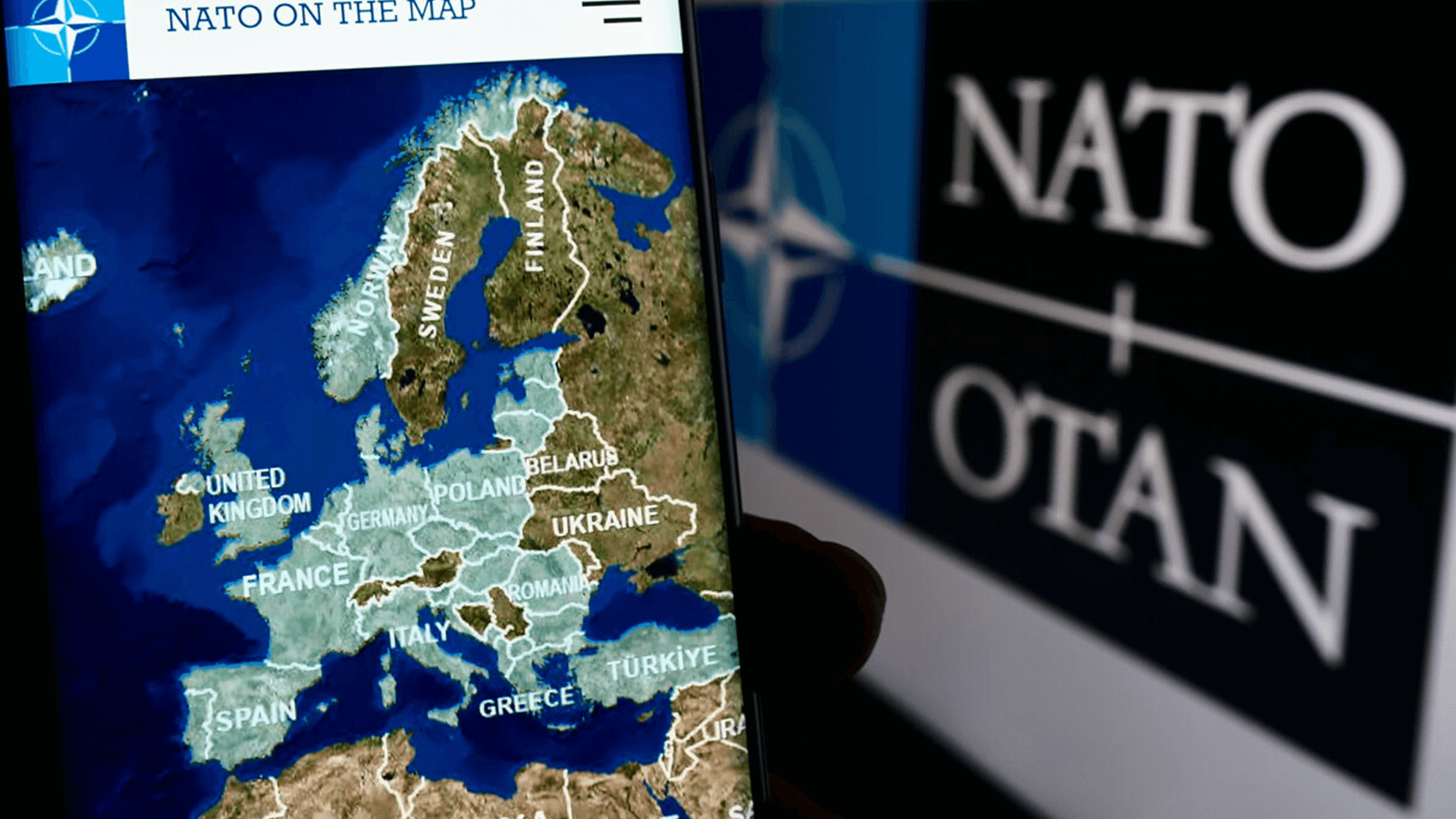Vima, July 9, 2023
The forthcoming NATO Summit in Sweden has historical significance, particularly if Ukraine and Sweden get a greenlight for membership. How realistic is that?
The two cases are of course very different. Since the Bucharest Summit in 2008, Ukraine has been granted an open-ended promise for membership. Several member states want to see a more concrete trajectory, but that is not the majority, and one may count the United States amid the reluctant. One can venture the prediction that in Vilnius, member states will commit to an expedient process but will not be granted a date for accession. Zelensky’s presence will confirm the two parties are closer than ever before but will not suffice to convince member states that greenlighting Ukraine could pave the way to direct conflict with Russia.
Sweden on the other hand would already be a member, except Erdogan and Orban were keen not to displease Putin. The Hungarian parliament has yet to ratify the decision and Ankara still engages in bazar-haggling, trying to extract as dear a price for its consent as possible for their consent.
The question of how the relationship with Russia is perhaps the most difficult of all, as the intention of member-states is to empower the Alliance by every means. The war in Russia is not open-ended but is appears it will be prolonged. Despite the damage caused by the Prigozhin mutiny, Putin’s regime does not appears stable. Had he been forced to resign, his successor could have been worse, and there is every chance we would be dealing with a dictator without democratic pretentions. Therefore, NATO remains a necessary Alliance for Europe’s security give that the EU is not ready to step up to assume this role. That is not a positive prospect for the future of Europe. Experienced analysts see a deepening rift between the West and Russia for years to come, which will not be bridged irrespectively of the war’s outcome. Miracles can happen, but everything points towards a Russian defeat that can make this regime more volatile.
What happens in NATO affects Greece as a member-state and the country’s role in the region. That presumed role supports its defensive ability and weighs on Greek-Turkish relations. What the Greek government must achieve is to capitalise on its competitive advantage to achieve a better balance in its relationship with Turkey. NATO is perhaps the “natural forum” to engage with our neighbouring state on a military level, in our quest for a mutually acceptable modus vivendi, which is yet to be exploited to its full potential. Investment in Confidence Building Measures can be traced back to 2002, a Greek-Turkish bilateral initiative led by two senior diplomatic minds, Vasilis Kaskarelis and Onur Oymen, acting as permanent representatives of their respective countries in NATO. The question often raised in Greek public discourse is whether the Alliance leans on the side of Turkey, but the answer is clear: NATO’s process leaves no room for member state privilege at the expense of another. The weight of each state is measured by its contribution to the activities of the Alliance. Turkey fully capitalises on the possibilities emerging while Greece, unfortunately, not. Should we start afresh?

